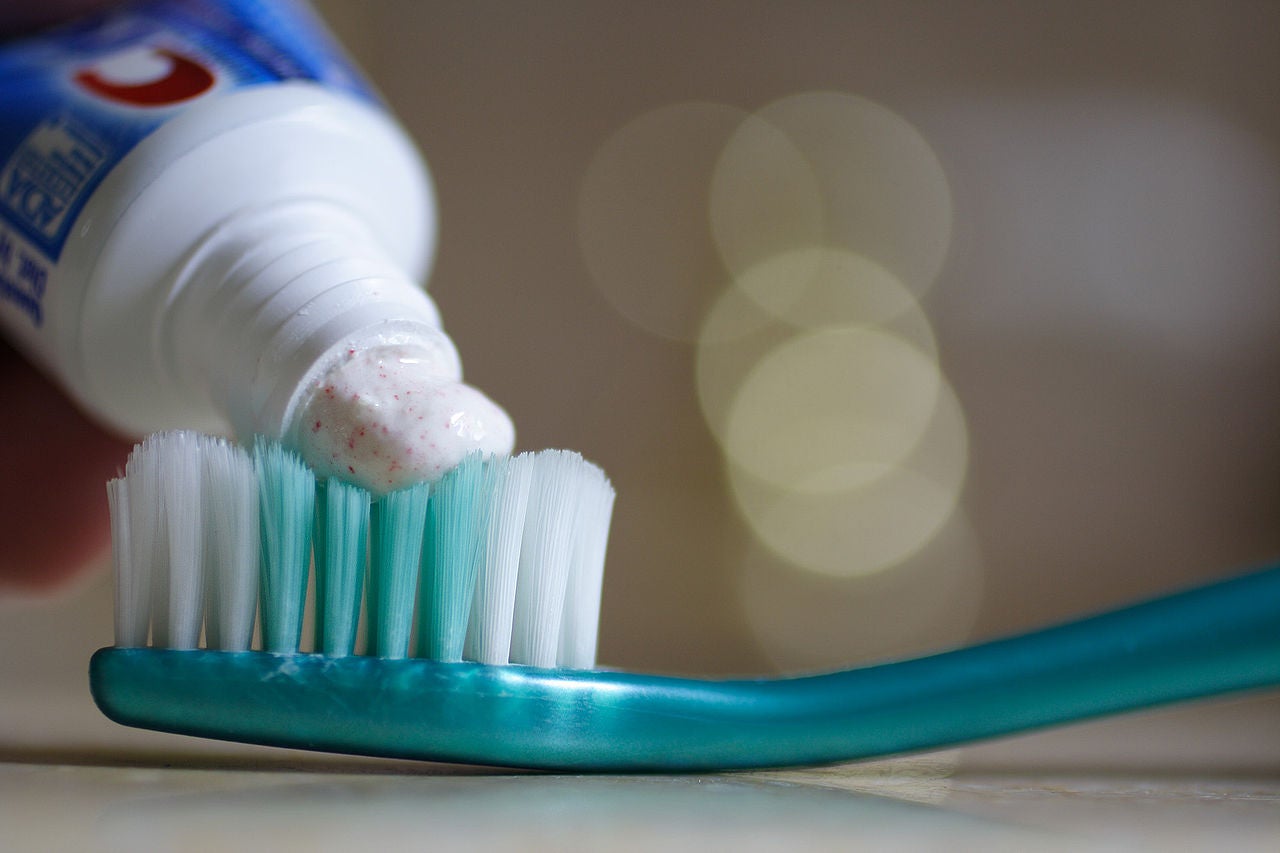Your support helps us to tell the story
From reproductive rights to climate change to Big Tech, The Independent is on the ground when the story is developing. Whether it's investigating the financials of Elon Musk's pro-Trump PAC or producing our latest documentary, 'The A Word', which shines a light on the American women fighting for reproductive rights, we know how important it is to parse out the facts from the messaging.
At such a critical moment in US history, we need reporters on the ground. Your donation allows us to keep sending journalists to speak to both sides of the story.
The Independent is trusted by Americans across the entire political spectrum. And unlike many other quality news outlets, we choose not to lock Americans out of our reporting and analysis with paywalls. We believe quality journalism should be available to everyone, paid for by those who can afford it.
Your support makes all the difference.Manufacturers should be banned from using polluting plastic “microbeads” in cosmetics and soaps sold in the UK, the leader of the Green Party has said.
Natalie Bennett made the call after US president Barack Obama signed a new law prohibiting the selling of products with the tiny plastic particles in them.
Microbeads are solid plastic balls less than 5mm wide. They are found in some toothpastes, body scrubs and other cosmetics and give products a “speckled” appearance.
The beads serve an aesthetic purpose but some manufacturers also claim they can help with exfoliation or cleaning.
The solid plastic particles however do not biodegrade and so can cause environmental damage when washed down the drain.
The beads are not filtered out by water treatment plans and it has been suggested that they can carry toxins once they themselves become contaminated.
Aquatic creatures have also been known to mistake the particles for food.

“The US has acted, and the UK should be acting right now. The evidence is clear and unequivocal: microbeads in cosmetics products are ending up in our waters, in our sealife, and in our own bodies, with pesticides and other chemicals attached,” Ms Bennett told the Independent.
“The US ban will come into force in July 2017 - we should be acting now to ensure we have a ban in the UK as soon as possible. And we should be informing consumers about how to identify products containing the microbeads, so those who want to act immediately to reduce these contaminants can do so.
“And we should be thinking further about how we got into a situation where a clearly harmful product is allowed to come into wide use without checking for its effects.”
Some manufacturers have voluntarily removed microbeads from their products after consumer campaigners but they remain in others.
Colgate-Palmolive, the makers of Colgate toothpaste, Sanex sanitary products and Palmolive soap has said it would be voluntarily removing the balls from its toothpastes after criticism.

Join our commenting forum
Join thought-provoking conversations, follow other Independent readers and see their replies
Comments